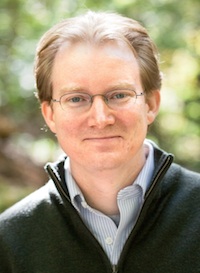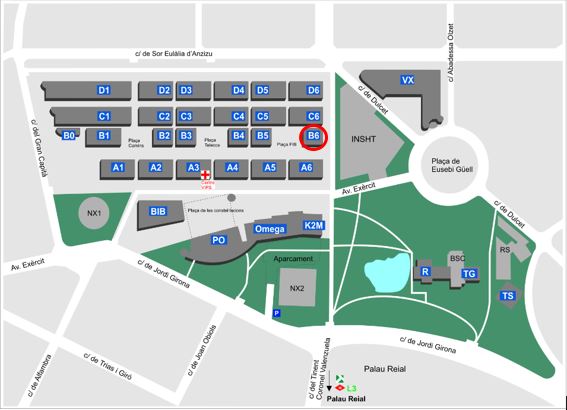Objectives
Abstract: Open-source software has been a critical enabler for tremendous innovation in the software ecosystem over the past three decades. Inspired by this success, open-source hardware involves making key parts of the hardware design ecosystem freely available for others to study, change, distribute, and ultimately use in fabricating their own semiconductor chips. Open-source hardware includes: (1) the high-level description of hardware components; (2) the low-level description of the process used to fabricate semiconductor chips; and (3) the electronic-design automation tools required to transform high-level hardware descriptions into low-level chip specifications. Unfortunately, open-source hardware has had a relatively bleak history and has yet to offer the same kind of transformative impact that we have seen with open-source software. At the same time, emerging applications in visual computing, data science, and machine learning are demanding more performance with less resources motivating an increasing need for accelerator-centric semiconductor chip design. We need semiconductor chip teaching, research, and startups to drive the next phase of software/hardware innovation, and semiconductor chip teaching, research, and startups need open-source hardware.
 Short Bio: I am a Professor of Electrical and Computer Engineering and a graduate field member of Computer Science at Cornell University. My research group is part of the Computer Systems Laboratory, and we largely work at the intersection of computer architecture, electronic design automation, and digital VLSI including projects on parallel programming frameworks, programmable accelerator design, interconnection networks, productive VLSI chip design methodologies, and architectures for future emerging technologies. Building prototype systems is an integral part of my research, as this is one of the best ways to validate assumptions, gain intuition about physical design issues, and provide platforms for future software research.
Short Bio: I am a Professor of Electrical and Computer Engineering and a graduate field member of Computer Science at Cornell University. My research group is part of the Computer Systems Laboratory, and we largely work at the intersection of computer architecture, electronic design automation, and digital VLSI including projects on parallel programming frameworks, programmable accelerator design, interconnection networks, productive VLSI chip design methodologies, and architectures for future emerging technologies. Building prototype systems is an integral part of my research, as this is one of the best ways to validate assumptions, gain intuition about physical design issues, and provide platforms for future software research.
My research has been recognized with several awards including the ACM/IEEE MICRO Hall of Fame, a Cornell Engineering Research Excellence Award, an AFOSR Young Investigator Program award, an Intel Early Career Faculty Honor Program award, an NSF CAREER award, a DARPA Young Faculty Award, and an IEEE Micro Top Picks selection. My teaching has been recognized with the Ruth and Joel Spira Award for Excellence in Teaching, two Michael Tien '72 Excellence in Teaching Awards, and a James M. and Marsha D. McCormick Award for Outstanding Advising of First-Year Engineering Students.
Speakers
Speaker: Christopher Batten, Professor of Electrical and Computer Engineering and a graduate field member of Computer Science at Cornell University
Host: Miquel Moreto, High Performance Domain-Specific Architectures Associated Researcher, CS, BSC


